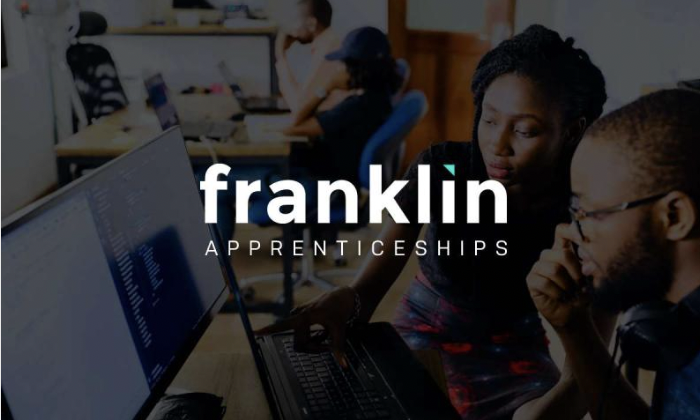It’s a shame that more American companies do not offer apprenticeships. European countries have made apprenticeships a mainstay in the development of their workforces. According to Ryan Craig, in his book “Apprentice Nation” (Ben Bella Books, 2023), the lack of apprenticeships in the U.S. stems from, among other things, insufficient government support and funding, compounded by the bureaucratic registration requirements. This situation is further exacerbated by inertia and, in many cases, ignorance of the benefits of apprenticeships among private sector companies and their leaders.
A common misconception is that apprenticeships are only for the construction and skilled labor industries. This mindset must change—and, fortunately, it is changing, but far too slowly.
Although hard to spot, apprenticeships are being created for teachers, healthcare technicians, and even racing teams. However, the widespread creation of apprenticeships is still growing slowly, hampered by the country’s short-sighted politicians and bureaucrats.
One major issue regarding government funding for apprenticeships is that historically, government attempts to develop apprenticeships were supported by grants. Unfortunately, grant money did not go to organizations creating apprenticeships; instead, it went to organizations studying apprenticeships. Researching, studying, and meeting to talk about their studies obviously did not result in the widespread advance in American apprenticeships.
In his book, Ryan Craig suggests that an important focus should be on the few private organizations whose mission is to convince employers to launch apprenticeship programs. These intermediaries, like Franklin Apprenticeships https://lnkd.in/e5QCv9Xx, pitch companies on apprenticeship programs, file the paperwork required by the government, and manage the programs, including recruiting apprentices. Craig notes that there are too few of these important intermediaries.
On a positive note, it was recently learned that well-known racing teams are initiating apprenticeships to train track crews. Apparently, they can’t find skilled team members in the general population, so they are developing their own. It is expected that these high-visibility racing teams’ entry into apprenticeships, if handled correctly, will help generate interest from leaders in other industries, encouraging them to start their own apprenticeship programs.
For more information and support on apprenticeships a good first step is to read Ryan Craig’s book. Here’s a link to the book on Amazon bit.ly/3XaI36j. Ryan’s book is exceptionally well-researched and provides the names of organizations currently dedicated to this mission. Together with the people and organizations listed, you can help reshape the American workforce.

